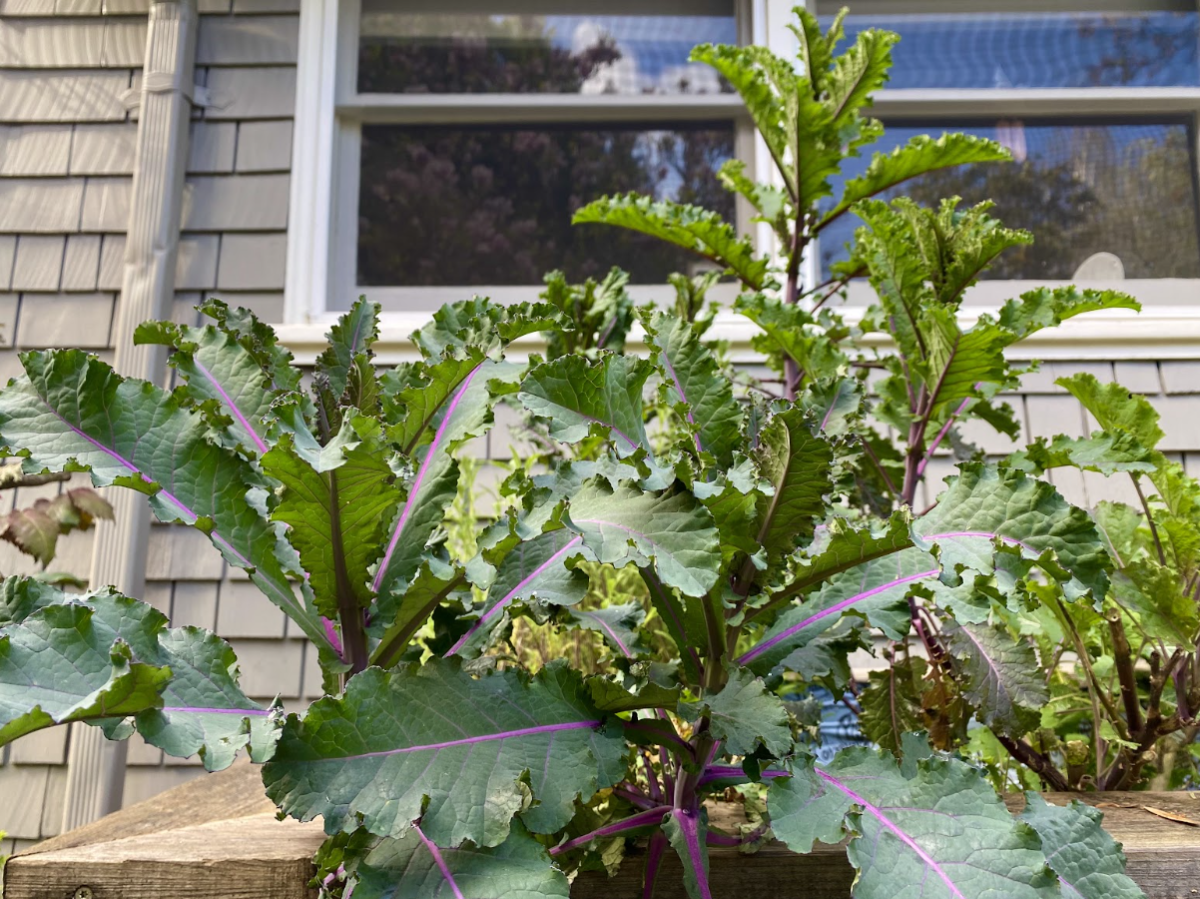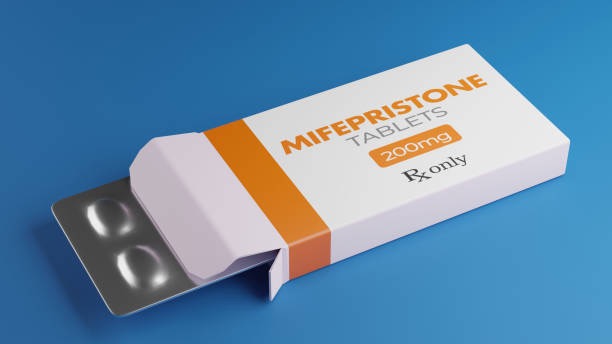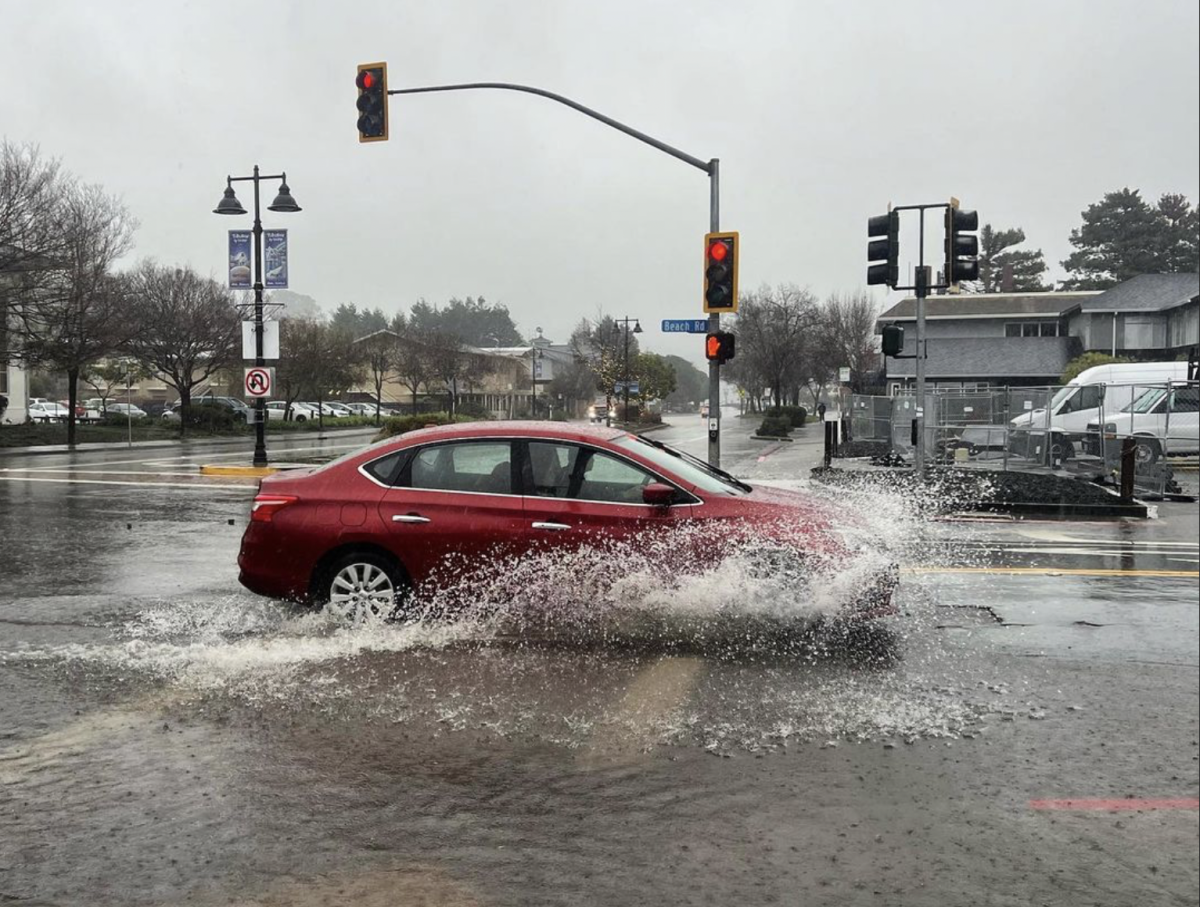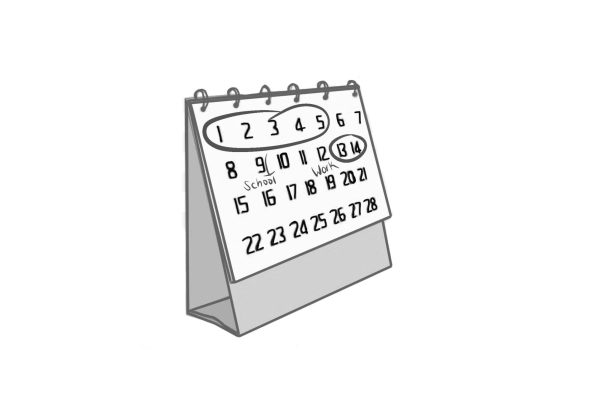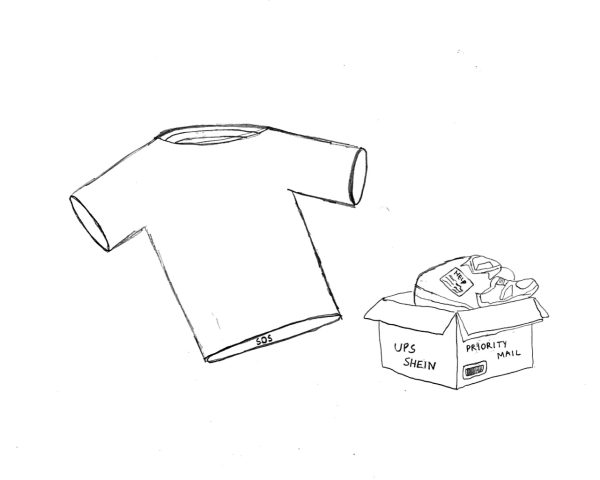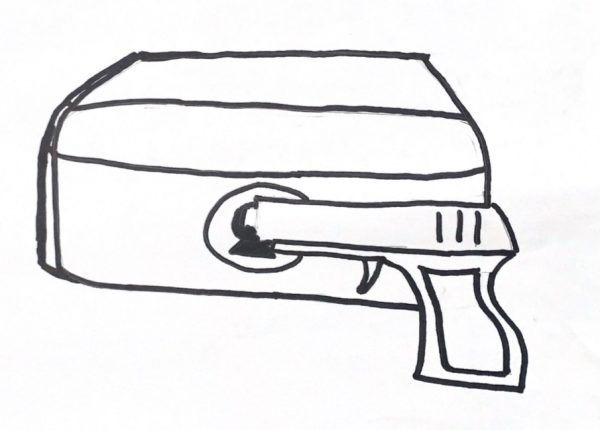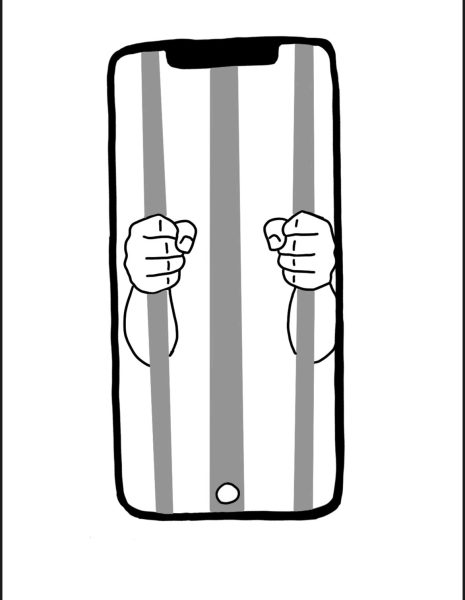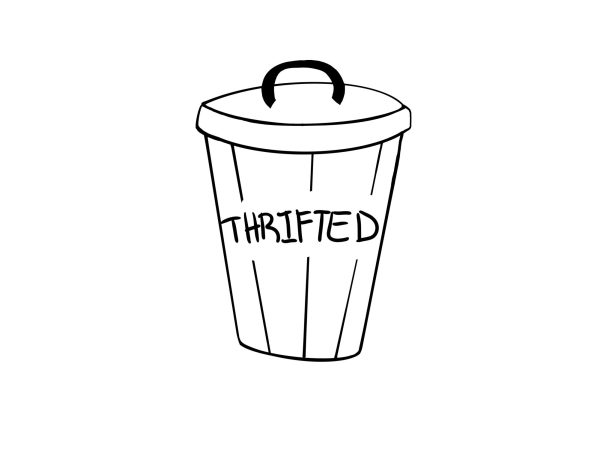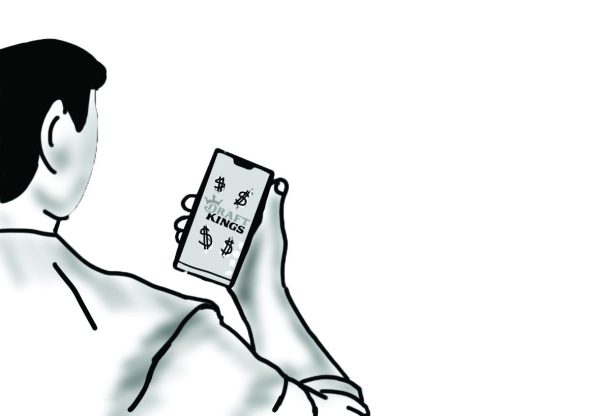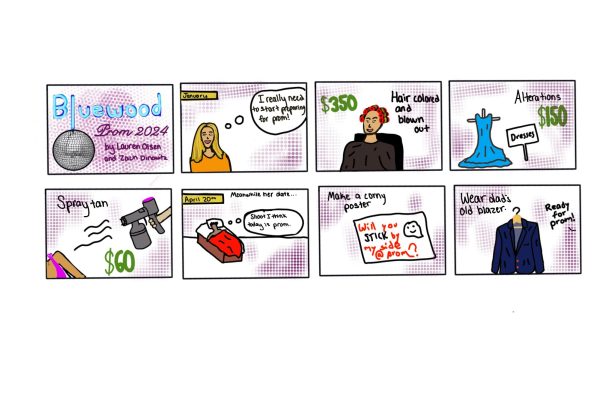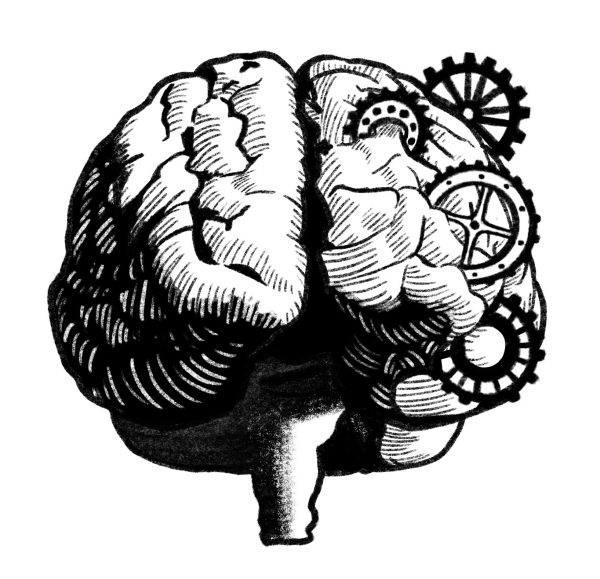Leave Marin to make a difference
November 26, 2018
The Golden Rule. Drilled into us students from the day we entered kindergarten, this rule is universal and unmistakable. Single out any high school student and it is almost guaranteed that they can state the rule back to you. Nine simple words. “Treat others the way you want to be treated.” This statement of kindness is almost second nature to say, but it’s more important to incorporate it into our actions.
Ever since the 1960s when service trips first gained popularity, according to the British Red Cross, they have been a great way to showcase this kindness. Usually lasting anywhere from two weeks to a year, service trips allow a person to travel to unfamiliar destinations around the world and volunteer for an important cause.
Rustic Pathways, a service trip program aimed at students, is very popular among teenagers in Marin and has made a significant impact globally. Through this program, 3,299 children have been provided access to education and 4,267 have been impacted by the good services of volunteers all over the world, according to Rustic Pathways. A cynical stance may suggest this is not many people compared to how many people are still in need, but this number is more than two times the Redwood student population and makes an impact on each of their individual lives. Not to mention, Rustic Pathways is simply one program. Projects Abroad, another service program, has helped to provide basic health services to 35,102 people worldwide.
Besides the obvious impact of volunteering abroad, service trips allow students to gain a perspective that difficult to find in Marin. According to the U.S. Census Bureau, as of 2016, Marin was 85.6 percent white, the average household income was $100,310 and 93.1 percent of the population over 25 graduated high school. For context, the average income of the Dominican Republic is roughly $5,168, and was listed as only 64 out of 80 in a lineup of education systems. Although teachers present us with curriculum and statistics on the unfortunate circumstances of others to try to give us perspective, nothing will ever resonate as much as actually being immersed in a problem.
Some people argue that service trips simply do not have a significant impact, and people should volunteer on a regular basis. This argument is pretentious and naive. Doing a service trip is exponentially better than doing nothing at all. Also, oftentimes the busy schedule of a teenager does not allow time for a student to volunteer regularly, making summer volunteering and service trips the only reasonable options. According to the Bureau of Labor Statistics, the average American teenager has just 0.2 hours per day, or twelve minutes, for religious, spiritual and philanthropic activities. After accounting for sleep, school and work, leisure time is a sparse resource.
Volunteering in any way, shape or form is always a good thing. People need to focus more on the good things that are being done, rather than being negative about what is not possible. Service trips are an inclusive way to expand knowledge of different cultures as well as do something good to uplift mankind.



